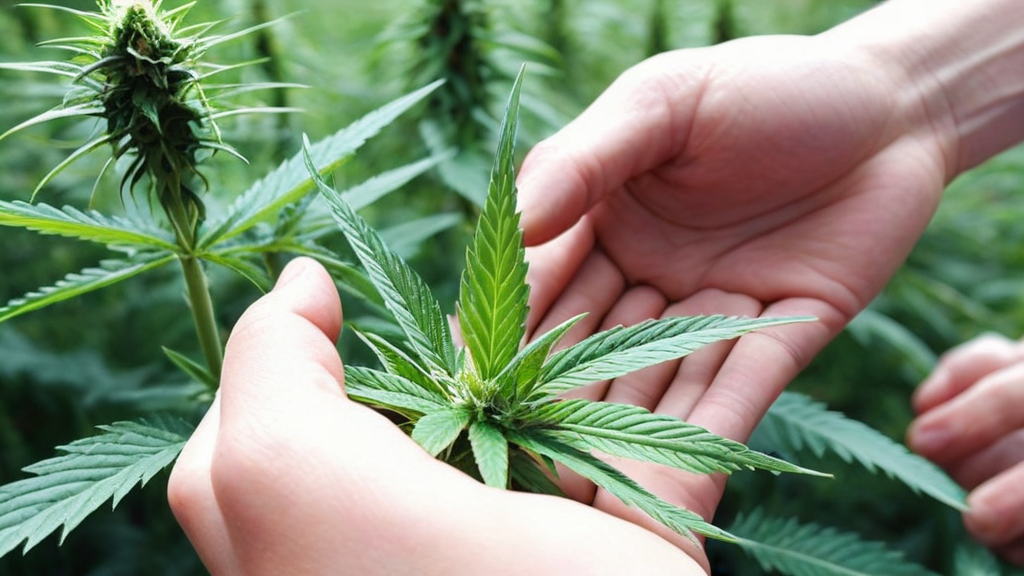Introduction
Cannabidiol (CBD) is a versatile compound found in the cannabis plant. It is available in various forms, such as oils, tablets, and creams. CBD products have gained popularity due to their potential health benefits. However, it is important to understand the appropriate dosage and potential risks associated with CBD use.
Understanding CBD Dosage
Determining the ideal CBD dosage can be challenging as it depends on several factors, including the form of CBD and its intended usage. The quality and safety of CBD products can also vary significantly, making it difficult to calculate an optimal dosage.
While more research is needed to establish precise dosages for different conditions, it is advisable to consult with a qualified healthcare professional before using CBD products. They can provide personalized guidance based on your specific needs.
Legal Considerations
The legal status of CBD products varies among states. The 2018 Farm Bill removed hemp-derived CBD products with less than 0.3% THC from the legal definition of marijuana, making them federally legal. However, CBD products with higher THC content remain federally illegal but may be legal under certain state laws. It is essential to be aware of the legal regulations in your state and when traveling.
Additionally, it is important to note that the Food and Drug Administration (FDA) has not approved nonprescription CBD products. Some products may be inaccurately labeled, so it is crucial to exercise caution and choose reputable brands.
Methods of Administration
CBD can be administered in various ways, including:
1. CBD Oil Solutions
2. CBD Capsules
3. Sublingual Application
4. CBD Sprays
The method of administration can affect the dosage and effectiveness of CBD. It is important to follow the instructions provided by the manufacturer or consult with a healthcare professional for guidance.
Research on CBD
Research on the potential benefits of CBD is still in its early stages. Studies have explored its effects on various conditions, including anxiety, fibromyalgia, migraine, menopause, weight loss, attention deficit hyperactivity disorder (ADHD), depression, and cancer. However, more research is needed to fully understand the therapeutic potential of CBD for these conditions.
For more research-backed information and in-depth resources on CBD, you can visit our dedicated hub.
Factors Influencing Dosage
Several factors can influence the appropriate CBD dosage for an individual:
1. Medical Condition
The specific medical condition being treated can impact the necessary dosage. For example, higher dosages may be required to manage epilepsy compared to anxiety.
2. Body Weight
In many clinical trials, CBD dosages are calculated based on body weight. Individuals with lower body weight may require lower dosages compared to those with higher body weight.
3. Interaction with Other Substances
CBD may interact with certain substances, such as alcohol and other medications. It is important to consider these interactions and consult with a healthcare professional to determine the appropriate dosage.
Safety and Potential Side Effects
CBD is generally well-tolerated, but it can cause side effects in some individuals. These may include drowsiness, digestive issues, changes in mood, and potential liver toxicity. It is crucial to be aware of these potential side effects and discontinue use if any adverse reactions occur.
Conclusion
CBD dosage is a complex topic that requires careful consideration. It is important to consult with a healthcare professional to determine the appropriate dosage based on your specific needs and medical condition. Additionally, it is crucial to choose high-quality CBD products from reputable brands to ensure safety and effectiveness.
